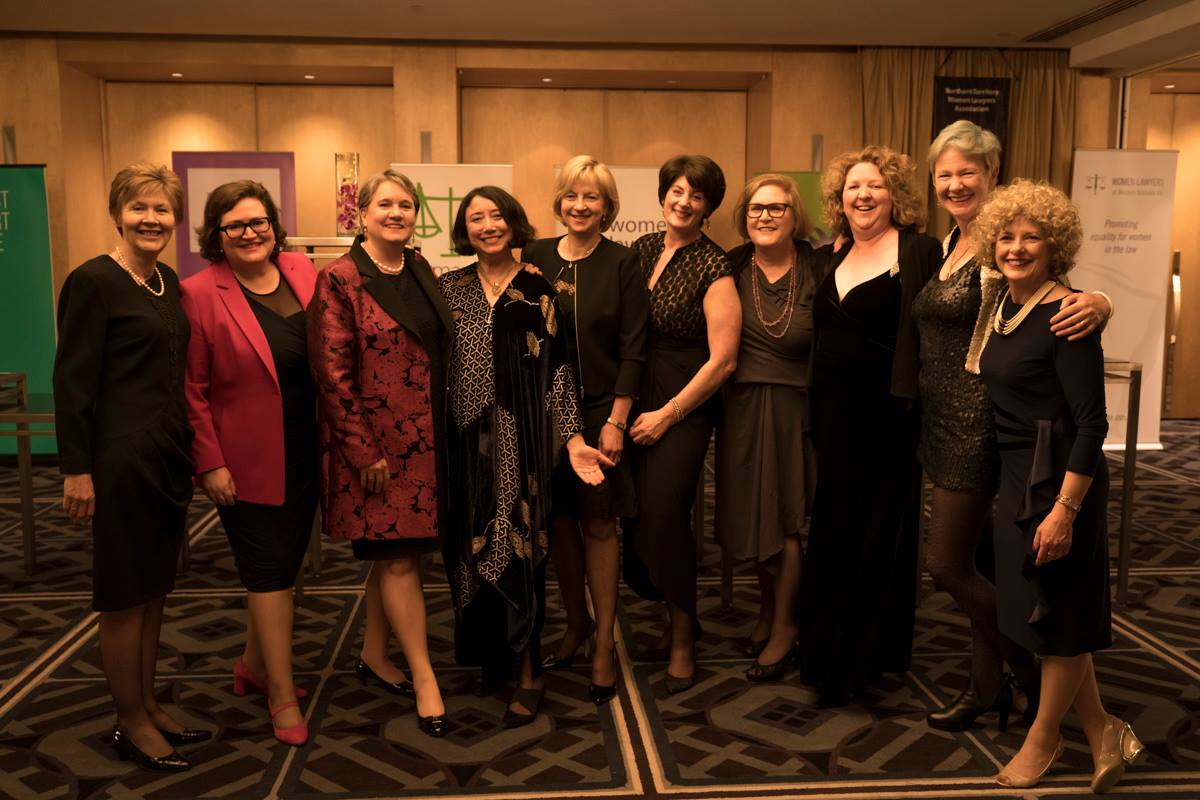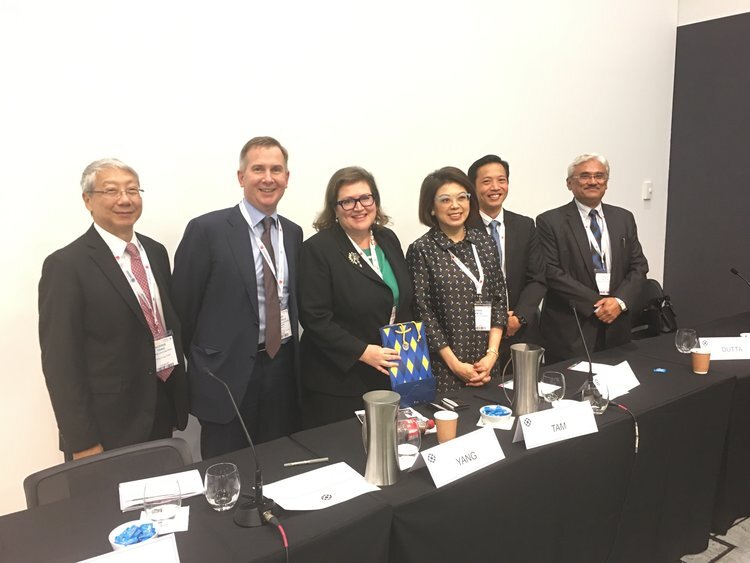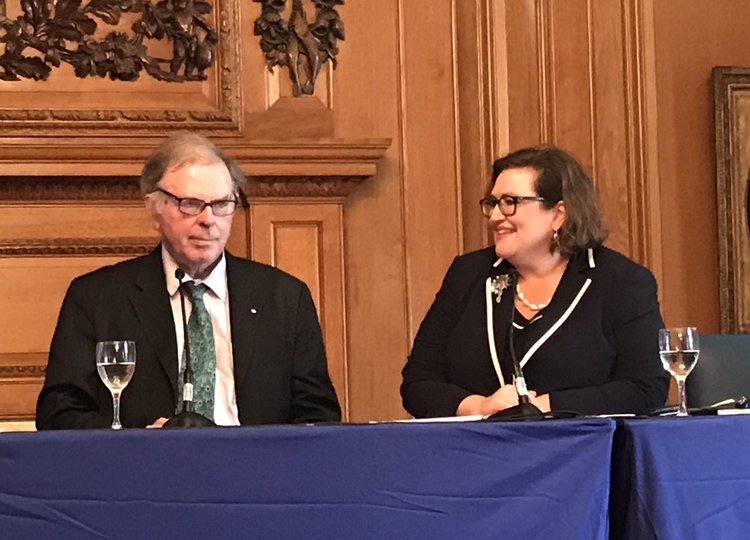The International Bar Association has launched a review of its International Principles on Conduct for the Legal Profession (2011), as a result of a number of developments in the delivery of legal services.
Developed for practising lawyers across the globe, the 36-page publication provides lawyers with a framework to carry out their professional duties in a manner consistent with upholding the dignity and respect of the profession in relation to their clients. The aim, through fostering a climate of understanding about the national and international rules that govern the conduct of lawyers, is that the ideals and integrity of the legal profession will be promoted worldwide.
The IBA International Principles is the 21st century version of a set of ethics for the legal profession first introduced more than 50 years ago, with the precursors to today’s edition as the ‘IBA International Code of Ethics’ (1956 and 1988). The gathering pace of globalisation and increase in cross-border transactions has led to the Code of Ethics being revisited and republished, resulting in the publication in 2011 of the new principles. A thorough process with input from representatives of the legal profession from all continents produced 10 core principles which should be common to all lawyers.
The 10 core values constituting the IBA International Principles, are:
Independence
A lawyer shall maintain independence and be afforded the protection such independence offers in giving clients unbiased advice and representation. A lawyer shall exercise independent, unbiased professional judgment in advising a client, including as to the likelihood of success of the client’s case.
Honesty, integrity and fairness
A lawyer shall at all times maintain the highest standards of honesty, integrity and fairness towards the lawyer’s clients, the court, colleagues and all those with whom the lawyer comes into professional contact.
Conflicts of interest
A lawyer shall not assume a position in which a client’s interests conflict with those of the lawyer, another lawyer in the same firm, or another client, unless otherwise permitted by law, applicable rules of professional conduct, or, if permitted, by client’s authorisation.
Confdentiality/professional secrecy
A lawyer shall at all times maintain and be afforded protection of confidentiality regarding the affairs of present or former clients, unless otherwise allowed or required by law and/or applicable rules of professional conduct.
Clients’ interest
A lawyer shall treat client interests as paramount, subject always to there being no conflict with the lawyer’s duties to the court and the interests of justice, to observe the law, and to maintain ethical standards.
Lawyers’ undertaking
A lawyer shall honour any undertaking given in the course of the lawyer’s practice in a timely manner, until the undertaking is performed, released or excused.
Clients’ freedom
A lawyer shall respect the freedom of clients to be represented by the lawyer of their choice. Unless prevented by professional conduct rules or by law, a lawyer shall be free to take on or reject a case.
Property of clients and third parties
A lawyer shall account promptly and faithfully for and prudently hold any property of clients or third parties that comes into the lawyer’s trust, and shall keep it separate from the lawyer’s own property.
Competence
A lawyer’s work shall be carried out in a competent and timely manner. A lawyer shall not take on work that the lawyer does not reasonably believe can be carried out in that manner.
Fees
Lawyers are entitled to a reasonable fee for their work, and shall not charge an unreasonable fee. A lawyer shall not generate unnecessary work.
Each principle is clearly defined in the booklet and contains expanded commentary on how it could be used as a basis to establish codes of conduct for lawyers within different jurisdictions.
The 2018 review canvasses the following issues:
the impact of growth of non-lawyer providers on the delivery of legal services, particularly through electronic platforms, since many of these are not currently regulated by those responsible for regulating the legal profession;
lawyers' confidentiality (including whether it impedes the public interest (for instance, in money laundering, tax avoidance, lobbying registers)
Diversity and equality in the legal profession
Access to justice and access to legal services
Professionalism
To access the proposed changes to the IBA International Principles on Conduct for the Legal Profession, please follow this link: http://www.ibanet.org/Document/Default.aspx?DocumentUid=88486d3d-f357-4ca8-8460-494d09e4a438.
On behalf of the IBA's Regulation Committee, we ask that you please forward any comments you may have to becca.verhagen@int-bar.org by 28 February 2018.











